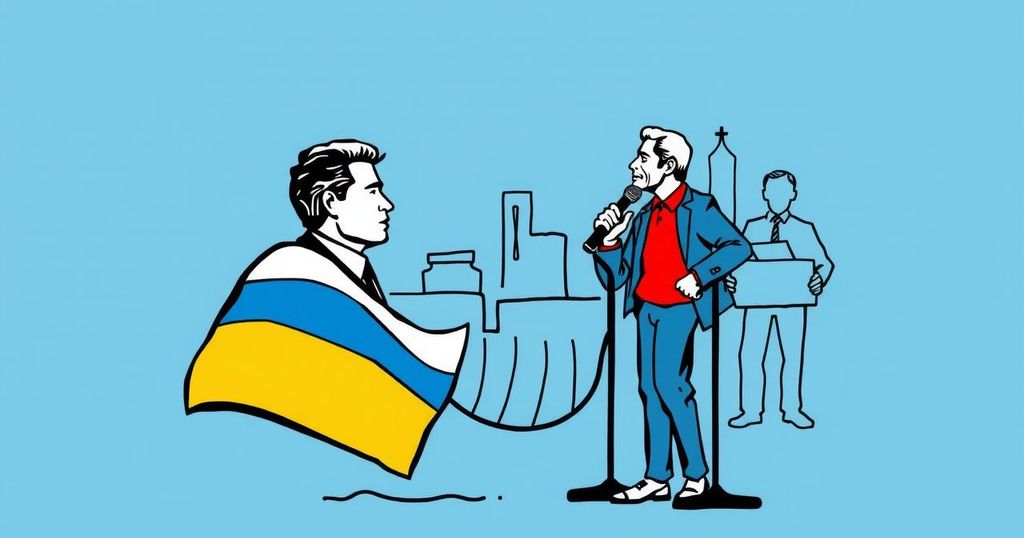The recent presidential run-off in Uruguay featured candidates Alvaro Delgado and Yamandu Orsi, focusing on economic growth and democratic values. The election took place against the backdrop of political unrest in other Latin American countries, showcasing Uruguay’s commitment to stable governance. Both candidates pledged to respect election outcomes and work collaboratively, reinforcing the importance of ‘democratic coexistence’.
Uruguay recently conducted a presidential run-off election that underscored the nation’s commitment to democratic principles. The two leading contenders were Alvaro Delgado from the ruling National Party and Yamandu Orsi from the left-wing Broad Front coalition. After the first round of voting held on October 27, Orsi emerged as a frontrunner with 44 percent of the votes, while Delgado received 27 percent. The run-off election reflected a stark contrast to the political turbulence observed in other Latin American countries like Mexico and Venezuela, reinforcing Uruguay’s reputation as a bastion of democratic stability.
While both candidates presented distinct economic agendas, their campaigns centered on crucial issues such as income growth for low-wage workers and enhancing bureaucratic efficiency. Notably, both candidates publicly committed to respecting the electoral outcome and fostering collaborative efforts post-election. This approach embodies a sentiment echoed by Fernando Pereira, head of the Broad Front coalition, who stated the importance of “democratic coexistence.”
The calm and orderly atmosphere of the electoral process was highlighted by third-place candidate Andres Ojeda, who noted the standard of tranquility surrounding the election.
The presidential run-off election in Uruguay highlighted the nation’s unique position within Latin America, particularly in the realm of democratic governance. In contrast to neighboring countries experiencing significant political strife, Uruguay has consistently maintained a stable electoral environment. This election was particularly crucial as it followed the first-round results that did not yield a majority winner, necessitating a run-off between the top two candidates. The election’s outcome could signal a pivotal shift in the direction of Uruguay’s policies and governance style, making it a critical moment in the country’s political landscape.
In summary, the recent presidential run-off in Uruguay reflected the nation’s commitment to upholding democratic principles amidst regional political challenges. With candidates Alvaro Delgado and Yamandu Orsi presenting contrasting visions for Uruguay’s economic future, the election underscored the ability of the nation to conduct its electoral processes with civility and respect. The focus on democratic coexistence, a shared value among the candidates, further reinforces Uruguay’s status as a model for democracy in a turbulent region.
Original Source: www.aljazeera.com






